Japanese Grammar: Expressing Likes and Dislikes in Japanese – Review Notes
Today we learned how to express likes and dislikes in Japanese using 好き (suki) and 嫌い (kirai). In this review, we will go over what we learned in today’s grammar video (◕ω◕)♪
………………………………………………………………………………..
好き嫌い (suki kirai) – Likes and Dislikes
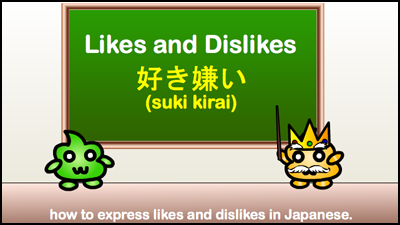
★ Let’s learn how to express likes and dislikes in Japanese!
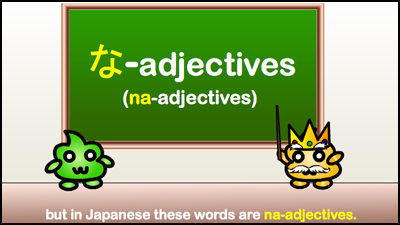
★ In English, words such as like or hate are verbs. However, in Japanese, these words are な-adjectives.
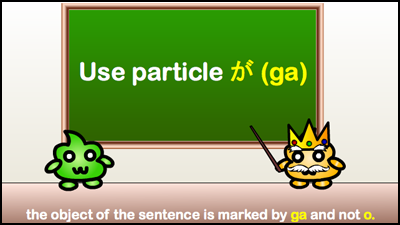
★ Because they are adjectives and not verbs, the object of the sentence is marked by が (ga) and not を (o).

★ The Japanese word for like is 好き (suki). Just like in English, this word can be used for things or people that you like. For example:
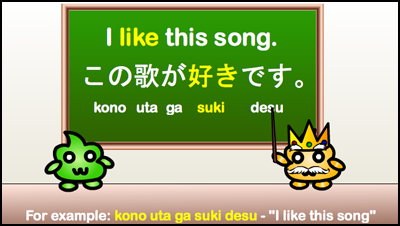
この歌が好きです。(kono uta ga suki desu)
I like this song.
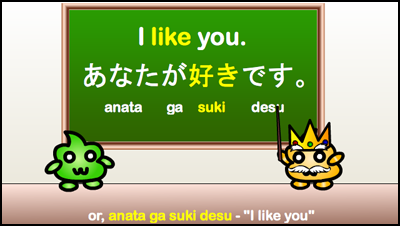
あなたが好きです。(anata ga suki desu)
I like you.
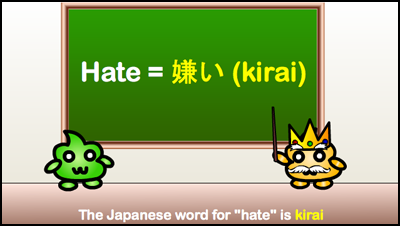
★ The Japanese word for hate is 嫌い (kirai). This word can be used for things or people that you hate.
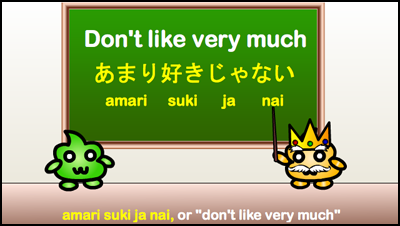
★ Since the word 嫌い (kirai – hate) is kind of strong, in many situations it might be better to use あまり好きじゃない (amari suki ja nai – “don’t like very much”) instead.
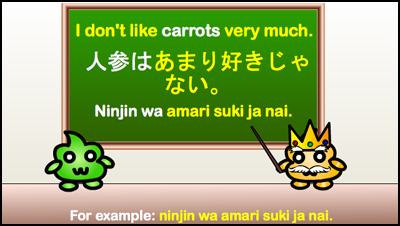
人参はあまり好きじゃない。
Ninjin wa amari suki ja nai.
I don’t like carrots very much.
.………………………………………………………………………………..
Add 大 (dai) to create a stronger feeling:
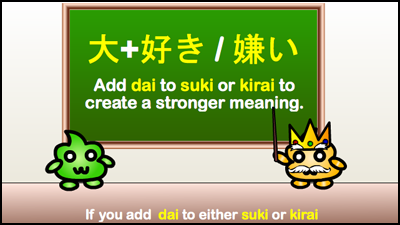
★ You can add 大 (dai) to 好き (suki) or 嫌い (kirai) to create a stronger meaning.
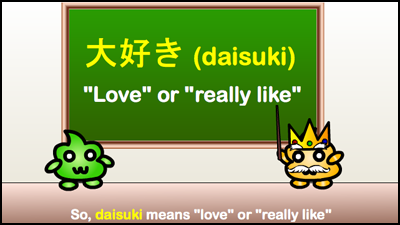
★ 大好き (daisuki) means love. 大好き (daisuki) is a stronger word than 好き (suki).
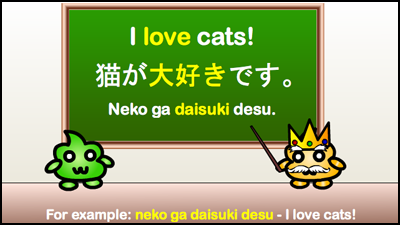
猫が大好きです。(neko ga daisuki desu)
I love cats.
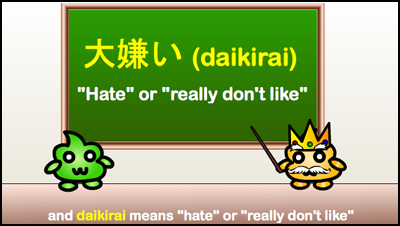
★ 大嫌い (daikirai) means hate or really don’t like. It is a stronger word than 嫌い (kirai).
…………………………………………………………………………………
Using 好き (suki) / 嫌い (kirai) before nouns
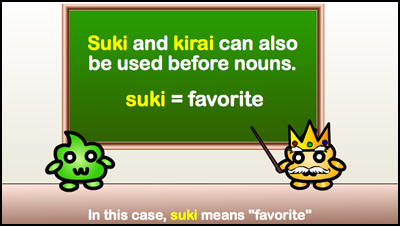
★ Since 好き (suki), and 嫌い (kirai) are both adjectives, they can also be used before nouns.
★ In this case, 好き (suki) means favorite or the one (I) like and 嫌い (kirai) is the opposite of favorite or the one (I) hate.
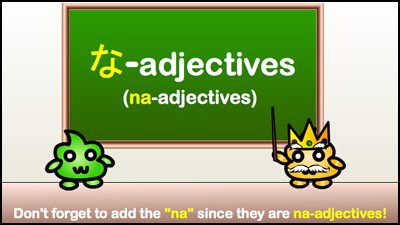
★ When using な-adjectives to modify a noun, don’t forget to add the な (na).
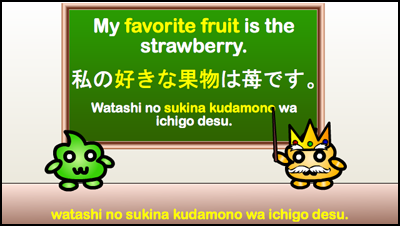
★ In this example, 好きな果物 (sukina kudamono) is translated as favorite fruit.
★ However, 好きな人 (sukina hito) is translated as the person (I) like, and not (my) favorite person. For example:
好きな人と一緒にいたい。
Sukina hito to isshoni itai.
I want to be with the person I like.
…………………………………………………………………………………
Adding 一番 (ichiban) for Emphasis
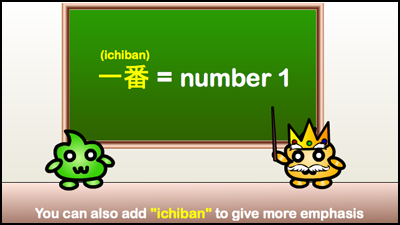
★ You can also add 一番 (ichiban – number 1) to emphasize that it is your favorite.
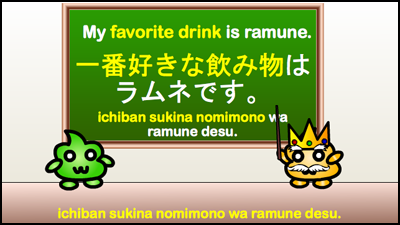
一番好きな飲み物はラムネです。
ichiban sukina nomimono wa ramune desu
My favorite drink is ramune.
………………………………………………………………………………..
Conclusion:
Today we learned how to express likes and dislikes in Japanese!
We also learned that the Japanese words for like and hate 好き (suki) and 嫌い (kirai) are na-adjectives, not verbs (◕ω◕)♪
………………………………………………………………………………..
Get Japanese dictionary!
Do you want to know a lot of Japanese words? I recommend you to get a dictionary!
If you have dictionary, you can always look up new Japanese words\(◕ω◕)/♥
………………………………………………………………………………..
Do you want a Japanese tutor?
Take Japanese Skype Lessons with Professional Japanese Teachers on kakehashijapan.com!
………………………………………………………………………………..
………………………………………………………………………………..
Add a comment
The comments are closed.












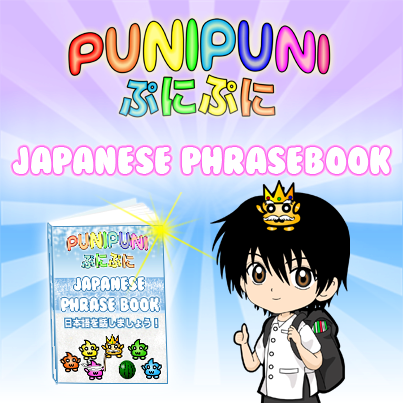

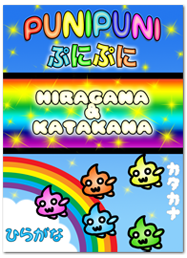
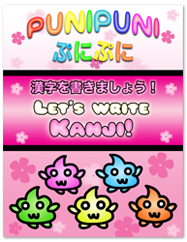


0 comments